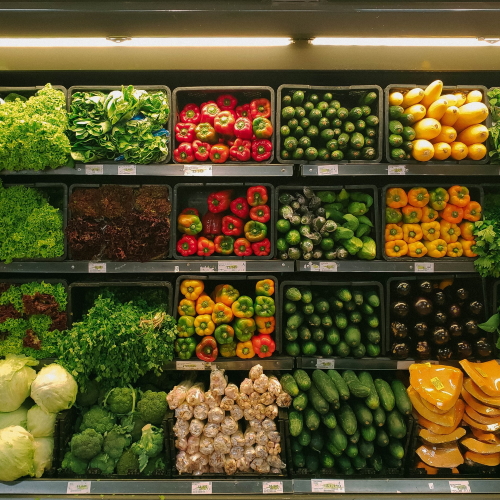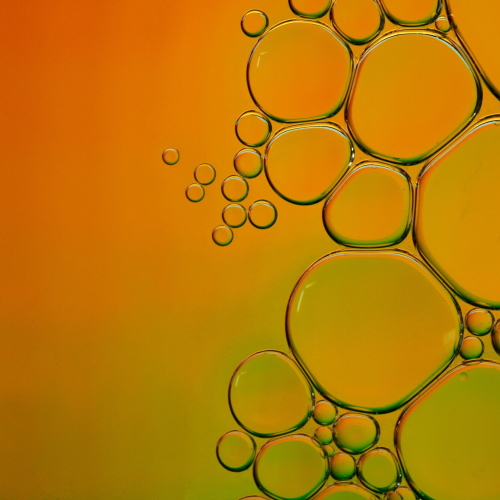Chemo Diet: Eating Healthy During Cancer Treatment
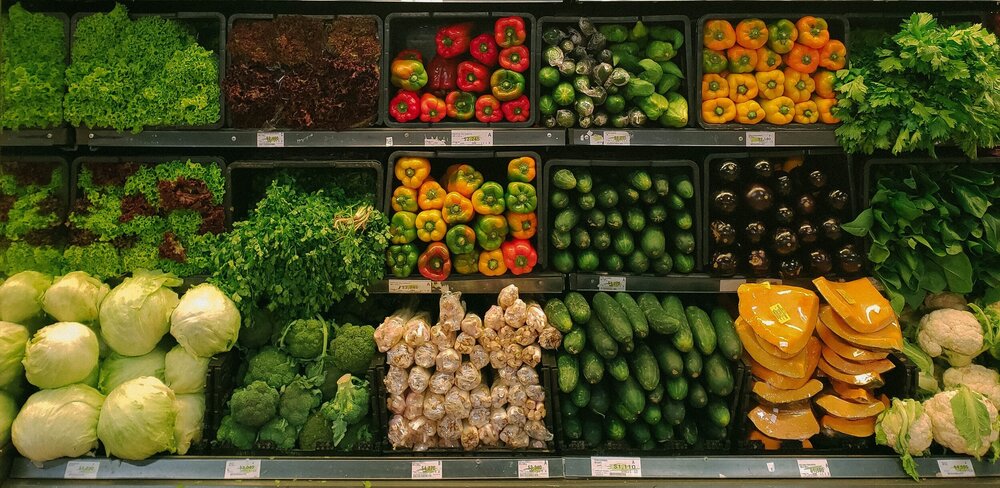
No matter where you are in your cancer journey, it’s important to take care of your body and maintain your strength, energy, and immune function. Eating whole grains, proteins, vegetables, and fruits can help keep your body strong during treatment and beyond.
Many cancer patients go through a chemotherapy regimen. New treatments like targeted therapy and immunotherapy are on the rise, but chemotherapy isn’t a thing of the past just yet.
As long as chemotherapy remains a treatment option for cancer, patients will have questions about side effects of treatment. These can include hair loss, neuropathy, nutritional and dietary problems, and more.
If you’re experiencing dietary issues, it’s important to discuss these problems with your medical team. We asked experienced oncologists and nutritionists for advice on managing symptoms from cancer treatments. Keep reading for practical dietary tips and easy chemo snacks.
There are several nutritional and dietary concerns that come about after starting chemotherapy:
- potential for weight loss
- nausea and vomiting
- constipation or diarrhea
- dry mouth or mouth sores
- taste changes
Each of these side effects present unique challenges and can be tackled in various ways. As a cancer patient, it is more important than ever to try to maintain strength, energy, and immune function. This can largely be accomplished with food. Here are some tips for each side effect.
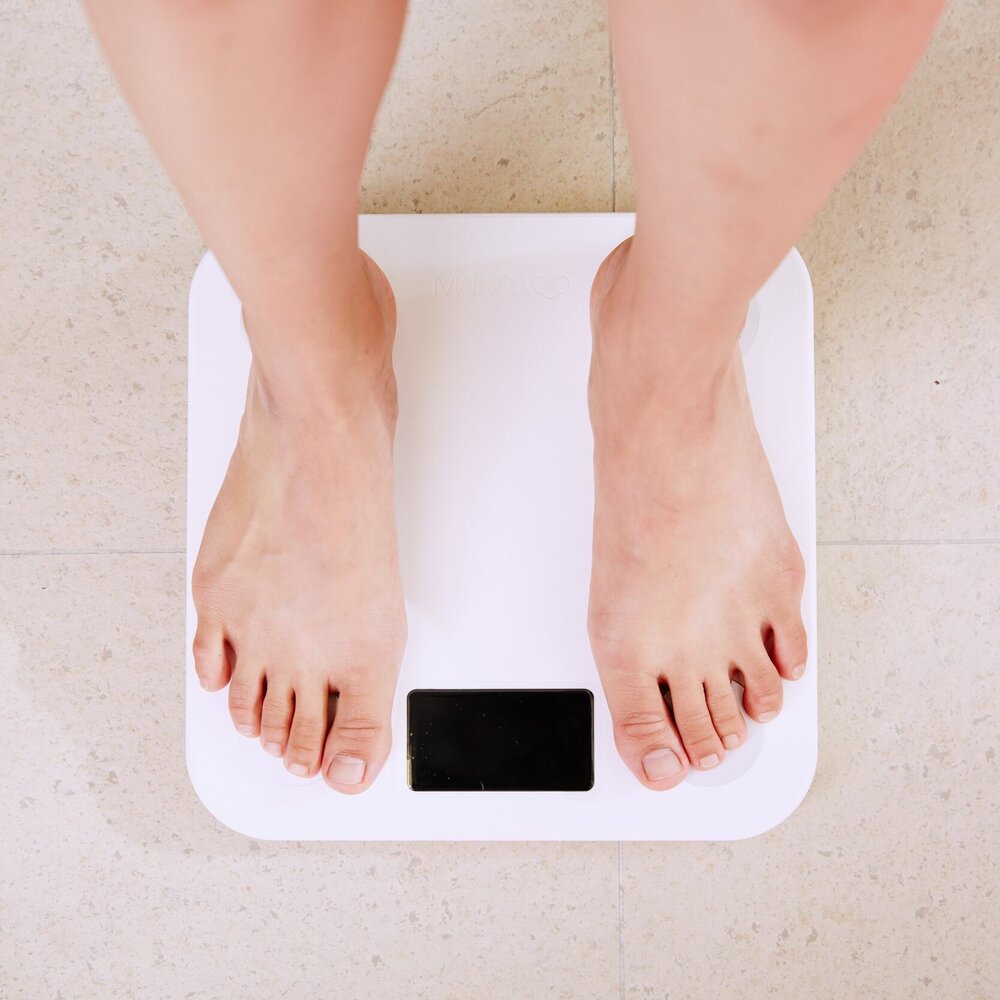
Cancer Treatment Side Effects & Nutrition
Weight Loss
Weight loss can occur due to a lack of appetite, being in a hypermetabolic state, or feeling too tired and sick from treatments.
Cancer patients with a minimal appetite should try to eat smaller, more frequent meals throughout the day rather than three big meals.
Eating calorie-dense foods when you do feel like eating can really help keep the weight on. These kinds of foods can include nut butters, dairy products, and other foods with high fat.
If you’re getting full too easily, maybe try drinking your water, tea, juice, or other beverages in between meals instead of during. Liquids can make you feel full when you don’t have an appetite.
Dr. Adil Akhtar oversees cancer care for his patients as Director of Inpatient Clinical Operations at Karmanos-McLaren Oakland Cancer Center in Michigan.
“Although eating may not always seem appealing during treatment, it’s important not to skip meals, as that can exacerbate unpleasant side effects,” Dr. Akhtar says. “No matter what treatment plan a patient is on, patients should make sure they are taking in enough energy— ideally from healthy, whole foods.”
Nausea & Vomiting
Of course, you can ask your doctor for anti-nausea medication. There are several different ones you can try, including Zofran. They may or may not work for you. If they don’t, here are some additional things you can try:
- Avoid strong smells, and especially foods that have strong smells
- Again, eat smaller, more frequent meals
- Try foods and drinks with ginger in them to relieve nausea
- Eat cold foods since hot foods can sometimes have a stronger aroma
Carlos Colarte is surviving multiple myeloma. He took all the medications his doctor told him to, but he also tried some alternative medicine. He says:
Ginger tea and CBD helped a lot with my intestinal issues and the nausea. Whatever your thoughts are about CBD, ignore them and take it. It helps.
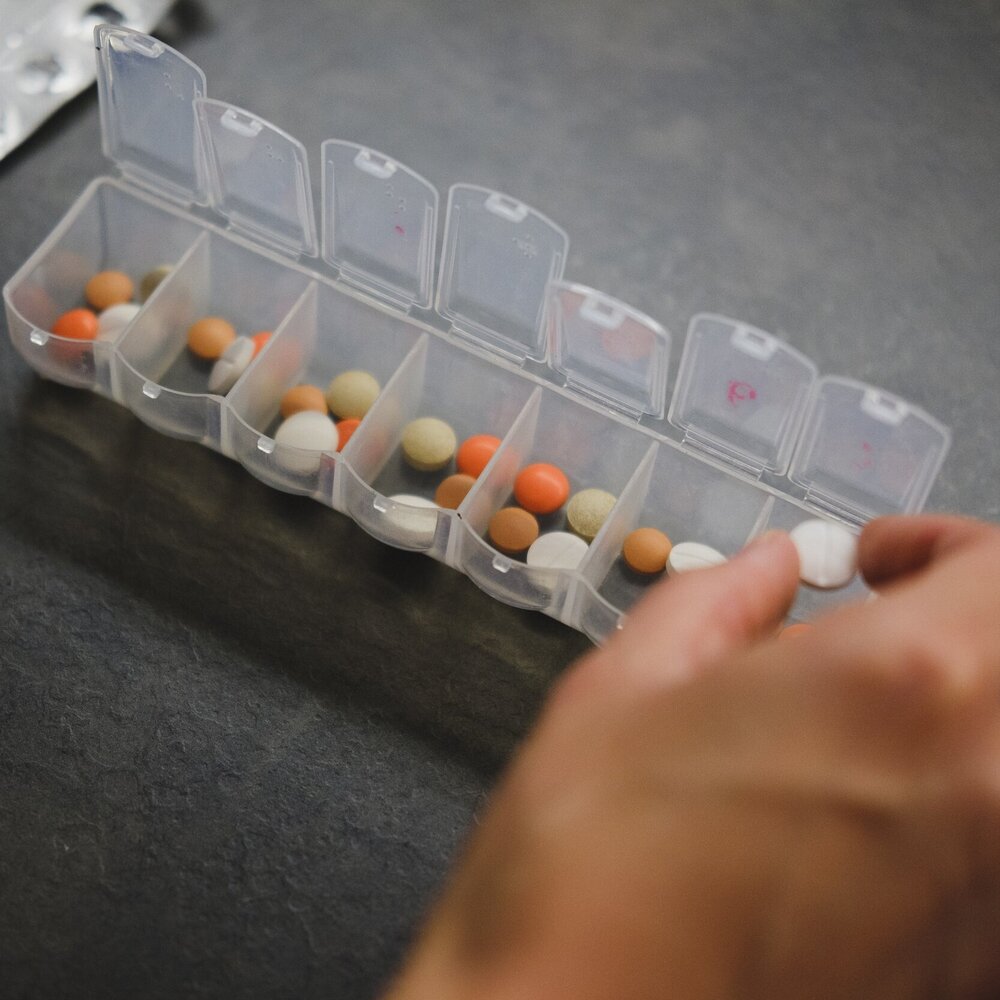
Constipation or Diarrhea
If you’re experiencing constipation, try to make sure you’re drinking enough fluids and taking in some fiber. You also may need medication for constipation or use natural laxatives like prunes.
Diarrhea can dehydrate you, so again, make sure to get enough fluids. Your physician may suggest that you try the BRAT diet, which is a bland diet, to see if your diarrhea subsides. The diet include bananas, rice, applesauce, and toast.
Dry Mouth or Mouth Sores
Dry mouth can be remedied by drinking and eating lots of liquids and liquid-based foods. There are also commercial products available for dry mouth like rinses and lozenges.
If you’re experiencing mouth sores, your doctor might recommend a steroid mouth rinse. This may also be another reason to eat cold, soothing foods like smoothies, frozen yogurt, or cold soups.
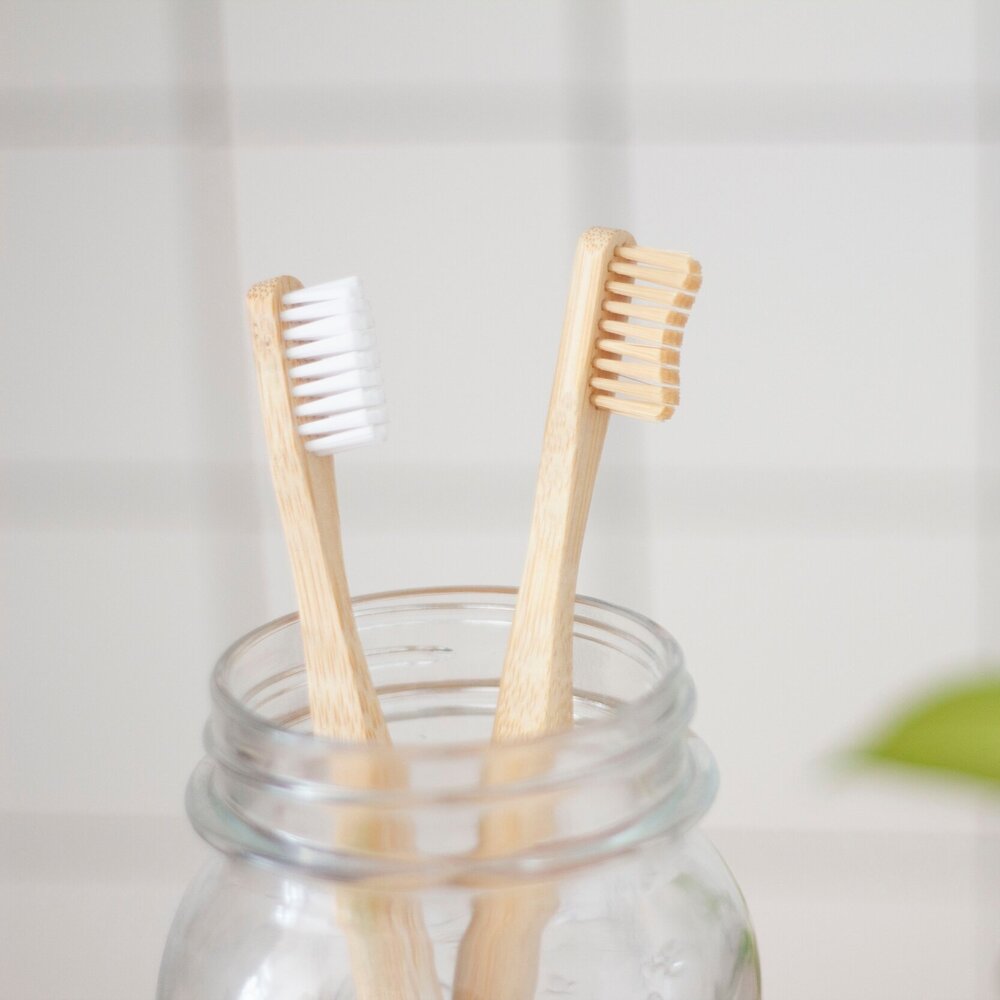
Taste Changes
If you’re experiencing taste changes, try rinsing your mouth before eating and keeping up with good oral hygiene. You can also consider using sauces, seasoning, and gravy to give better flavor to food.
Some cancer patients may notice a drastic taste change when they consume meat in particular. If that’s the case, you get enough protein by trying out eggs, dairy, beans, legumes, nuts and nut butter instead.
Hugo Toovey is a testicular and colon cancer survivor, and he’s the founder of 25 Stay Alive, a movement dedicated to early detection awareness. He shares his experience with taste change:
I got something called thresh, which is an infection in the throat. It makes everything taste like moldy bread. It’s like a fungal infection in your throat. As you swallow, whatever you eat gets coated in the infection, and that made it really terrible to eat.
It was really unenjoyable and gross to eat or drink. Drinking juices helped a little bit, but if I drank water, it just tasted awful.
Is There a Chemo Diet?
Dr. Yelena Deshko is a naturopathic doctor who works in tandem with patients’ oncology teams. She says there may be certain diets that can help with treatment, but diet shouldn’t be the only thing patients turn to.
The ketogenic diet is an ultra-low carbohydrate, high fat diet which seems to provide improved outcomes for patients receiving chemotherapy cancer treatment. Research is still upcoming in this area, so diet alone should not be relied on for specific therapeutic effects.
While there may not be a specific, scientifically proven cancer prevention diet or chemotherapy diet, Astrid Shapiro, a registered dietician with the Stanford Cancer Center, says there is one, big thing to keep in mind.
Because chemotherapy can reduce the body’s ability to maintain adequate levels of immune cells, it is important to avoid eating raw or undercooked animal products including meat, poultry, fish, seafood, eggs as well as unpasteurized dairy, juice or honey.
Sometimes, after a stem cell transplant, patients need to go on a low-bacteria diet. Myeloma survivor Jude Abella says this wasn’t a diet she was accustomed to.
Once I was able to eat, they put me on a low-bacteria diet. It’s basically a processed foods diet – no salad, no fresh fruit without a peel, and no cheese. I could eat chips, donuts, and cake.
The important thing to remember is to always consult with your medical team and/or a nutritionist for dietary advice because different treatments might require different restrictions.
Quick & Easy Chemo Snacks
- Whole grain cereal and crackers
- Nuts
- Vegetables with hummus or Greek yogurt dressing
- Baby carrots
- Broccoli
- Cauliflower
- Celery
- Peppers
- Olives
- Bottled water
- Fruit
- Single-serve fruit in their own juice
- Fresh fruits such as berries, pears, apples, mangos, watermelon, cherries and cantaloupe
- To add protein:
- String cheese
- Milk
- Hard-boiled eggs
- Drinkable yogurt or yogurt tubes
- Tuna, chicken or egg salad that can be placed in a whole wheat pita, on whole wheat bread, or in a whole wheat tortilla
CARTI’s registered dietician, Patricia Champion recently shared a list of easy, on-the-go foods she recommends for chemo patients.
Other Helpful Tips & Advice
Amanda A. Kostro Miller, RD, LDN, serves on the advisory board for Smart Healthy Living, and she says,
There’s a lot of misinformation about cancer-shrinking diets on the Internet. This misinformation is not only inaccurate, but it could prevent you from getting the proper help soon enough.
While it’s okay to browse around online, just make sure you follow the guidance of your medical team.
- Have a registered dietician on your medical team.
- If you’re fatigued, eat simple, bland, low-fat foods since they require less energy to digest.
- Clear soups, juices, herbal teas, and sports drinks can hydrate you, but they can also help eliminate some of the byproducts of chemotherapy drugs. Water is best, but you can try these other liquids for variety.
- If you have a bitter or metallic taste in your mouth when eating, you can try using plastic utensils instead of metal ones.
- Try to reshape your thinking about food. Commit to eating on a schedule and not based on hunger cues that might be absent during treatment.
